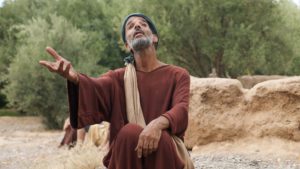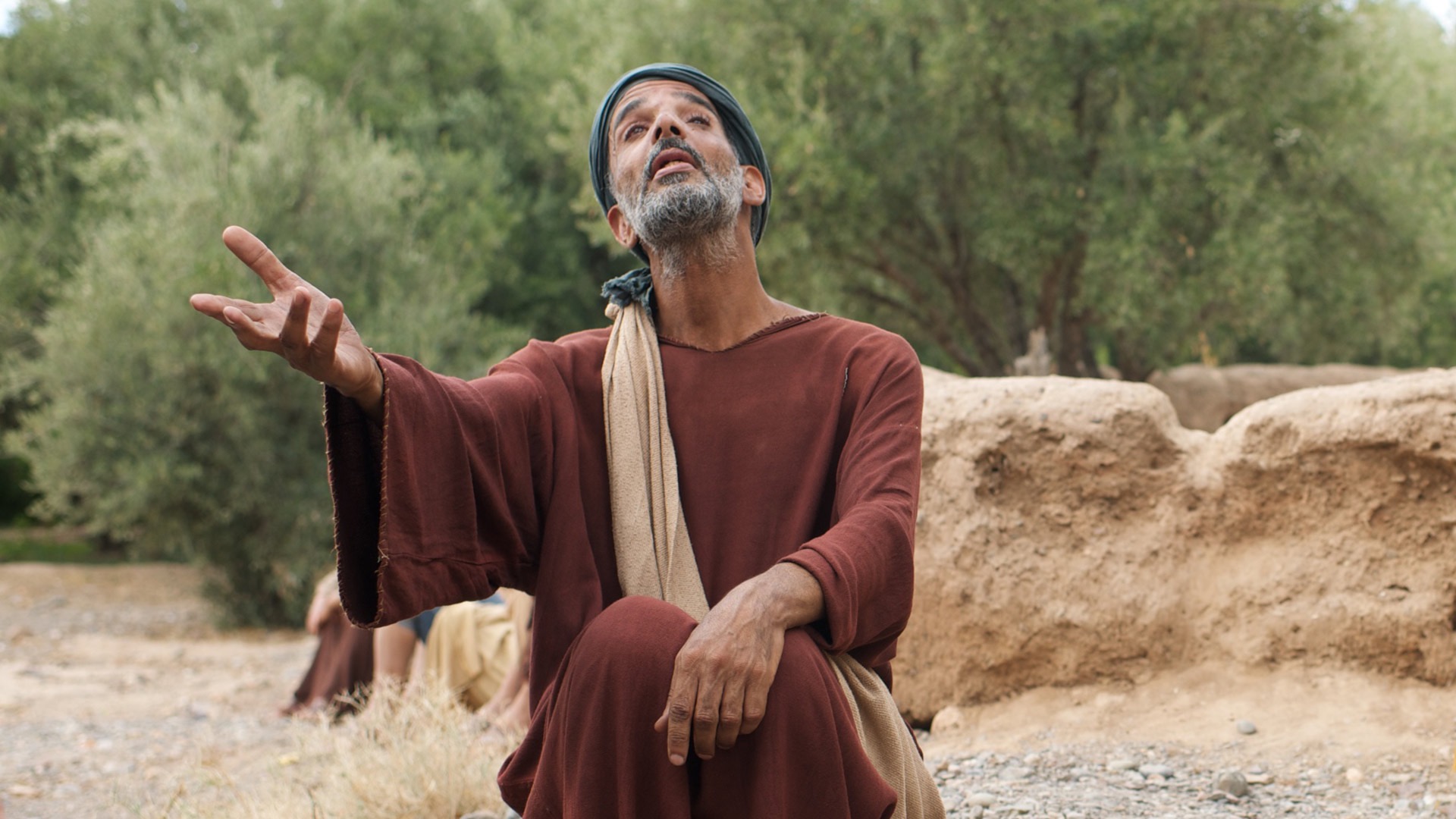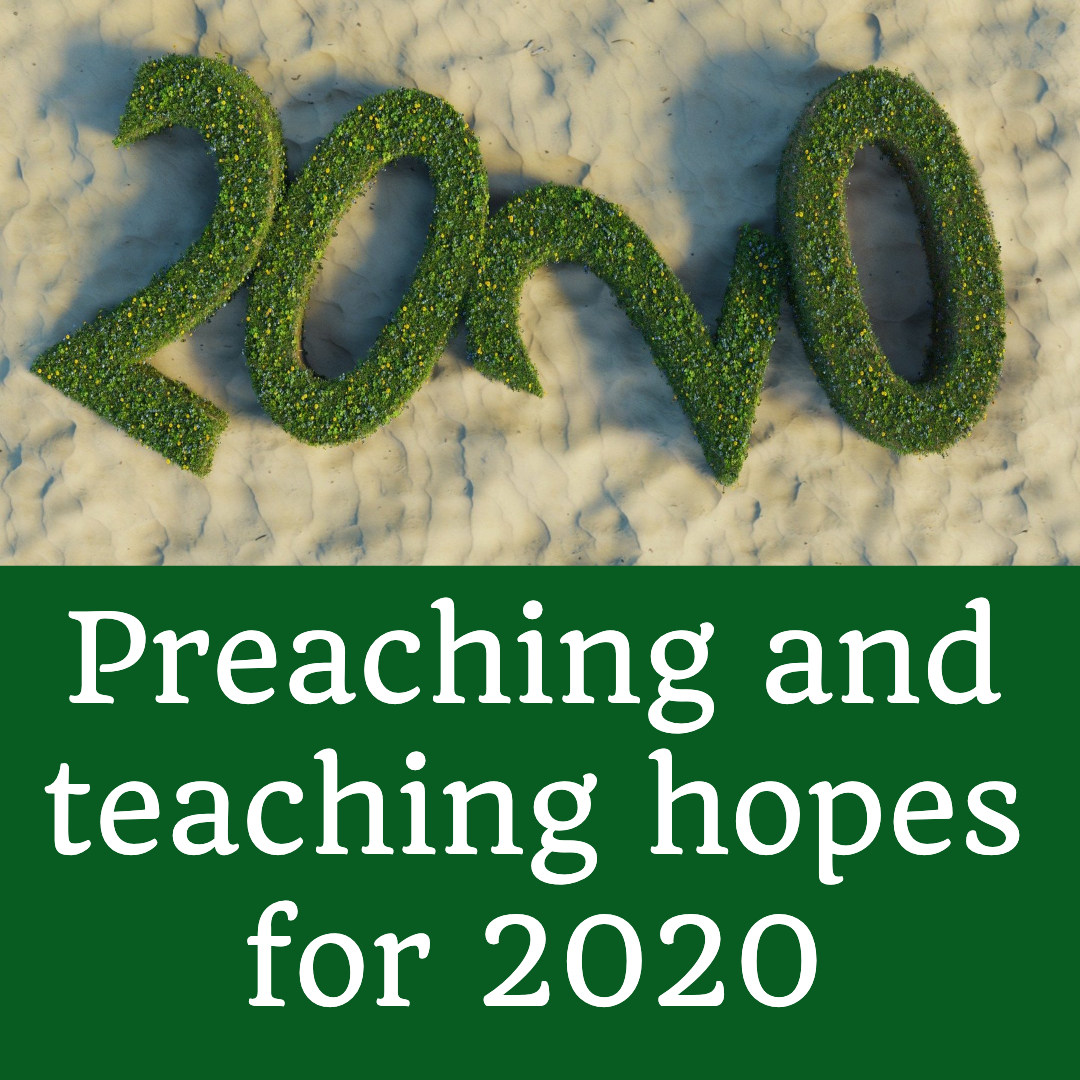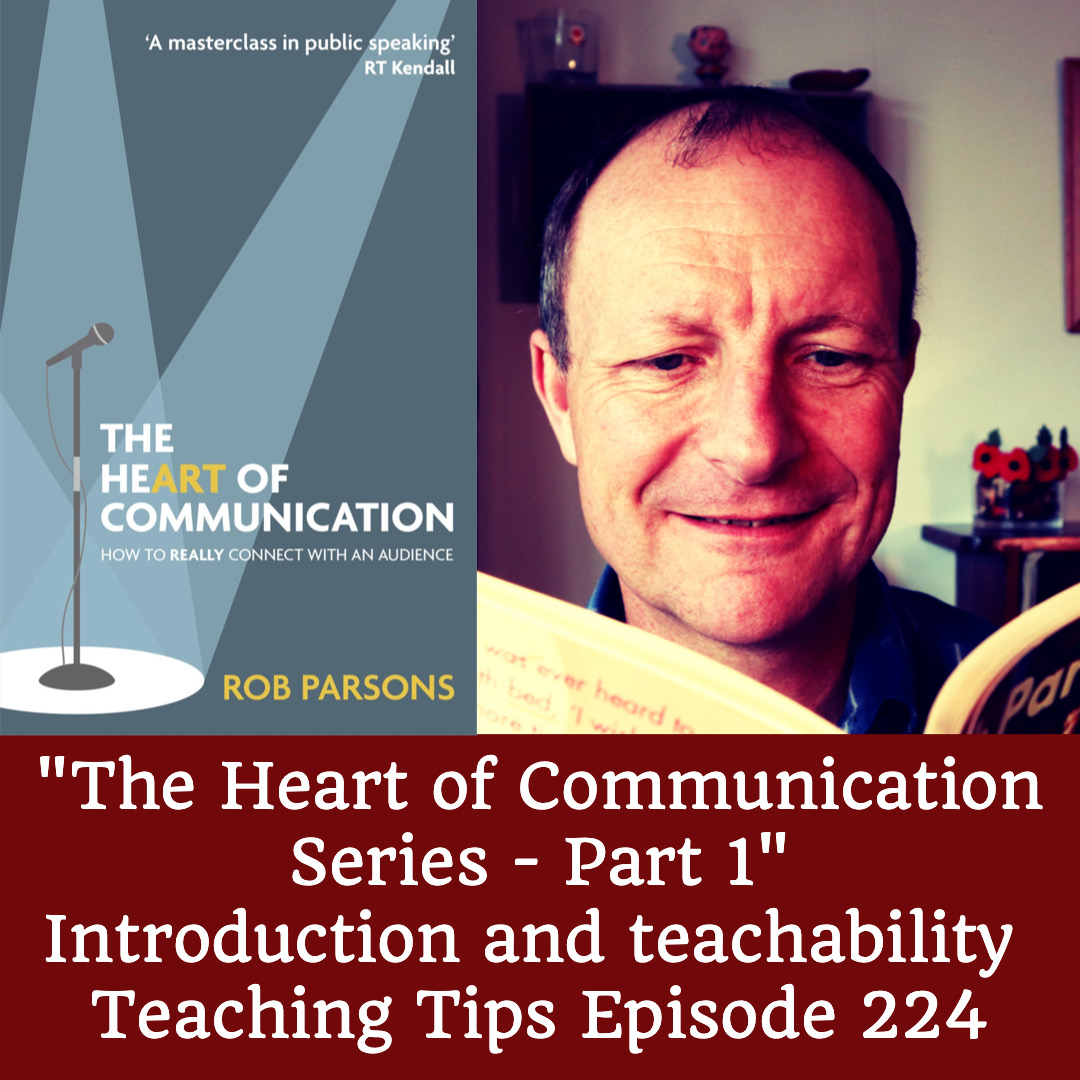
“Mercy me!” is an old fashioned expression these days, but I grew up hearing it in my home and that of my grandparents. It came out at times of surprise. Presumably it originates from the request to God to have mercy on the person saying the phrase. Either as a need for forgiveness, or strength. Old phrase or not, we all need mercy.
I’m preaching on Luke 18 (the blind man’s healing) in two Sundays’ time, and the more I ponder the passage, the more questions I have. Such as, “What kind of ‘mercy’ was the beggar asking for?” Here are his requests: “Jesus, Son of David, have mercy on me!”, and, “Son of David, have mercy on me!” (Luke 18:38-39 NIV11)
My Greek dictionary tells me the word here is, ‘eleeo’, meaning “to pity, have compassion on; to be gracious to any one, show gracious favour and saving mercy towards; to obtain pardon and forgiveness”. This gives us some indication as to meaning, but how would a first century Israelite be interpreting this mercy? Perhaps a clue is in the designation by the beggar of Jesus as, “Son of David”. He is an Israelites seeing ‘mercy’ through the experience of Israelite history.
Deuteronomy catalogues God’s mercies to the Israelites, “the Lord your God is a merciful God; he will not abandon or destroy you or forget the covenant with your ancestors, which he confirmed to them by oath.” (Deuteronomy 4:31 NIV11). And God never did abandon nor destroy them for century after century, despite weakness, sin and outright rebellion. His mercy towards them was an expression of His ‘hesed’ (covenant love), causing Him to be patient and protective.
Perhaps the blind man had this in mind, and added to it the character of the promised “Son of David”, the Messiah to come. Passages like this may have occurred to him, “The Spirit of the Sovereign Lord is on me, because the Lord has anointed me to proclaim good news to the poor. He has sent me to bind up the brokenhearted, to proclaim freedom for the captives and release from darkness for the prisoners,” (Isaiah 61:1 NIV11) And perhaps he has heard tell of the way Jesus appropriated this passage to himself when speaking in the Nazareth synagogue, “The Spirit of the Lord is on me, because he has anointed me to proclaim good news to the poor. He has sent me to proclaim freedom for the prisoners and recovery of sight for the blind, to set the oppressed free, to proclaim the year of the Lord’s favour.” (Luke 4:18–19 NIV11) Note the difference I’ve highlighted above – “recovery of sight for the blind”.
Could it be that as the crowd told the beggar, “Jesus of Nazareth is passing by” (Luke 18:37 NIV11), something twigged in his mind. “Here is the one I’ve heard about who is fulfilling the promises of Isaiah. Could he be God’s expression of healing ‘hesed’ for me?” In asking for ‘mercy’ the blind man is requesting something deeper than simple compassion (although I’m sure that’s included). He is hoping that this Jesus of Nazareth is the one fulfilling Isaiah’s promises. If he’s right, his request for ‘mercy’ is a plea for God’s love to touch him, and heal him – in every sense. Restoring him to community fellowship, wholeness of body and, I would imagine, spirit and mind.
What comes to mind when you hear the beggar’s cry? What questions do you have about his mercy shout? Leave a comment here on this blog, or contact me via the usual media outlets.
More on this passage soon.
God bless, Malcolm


